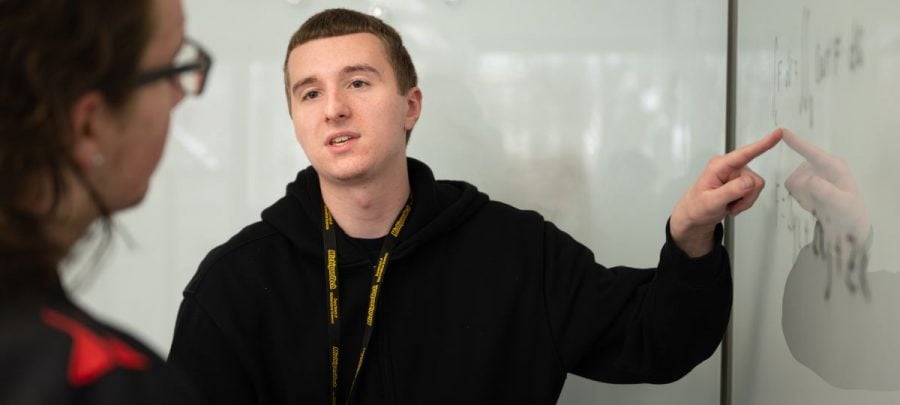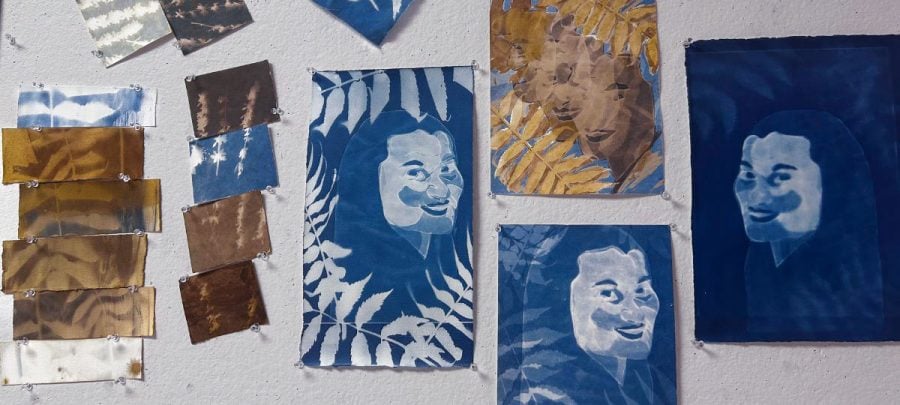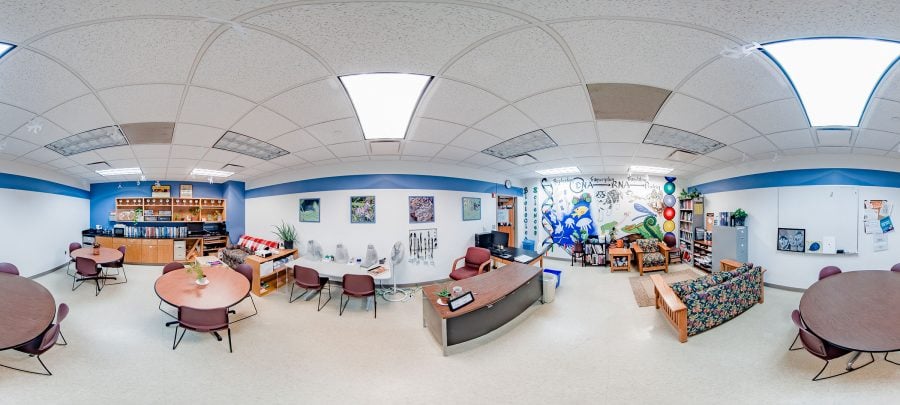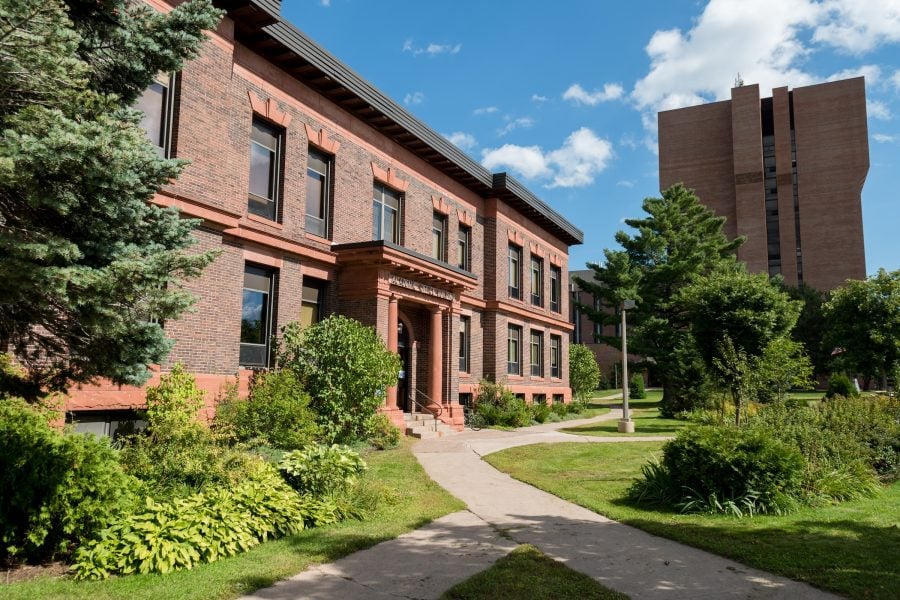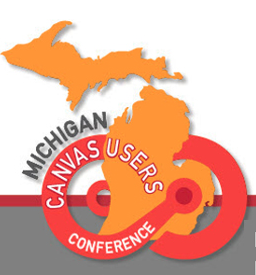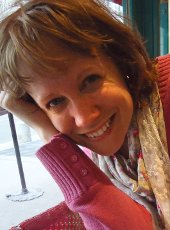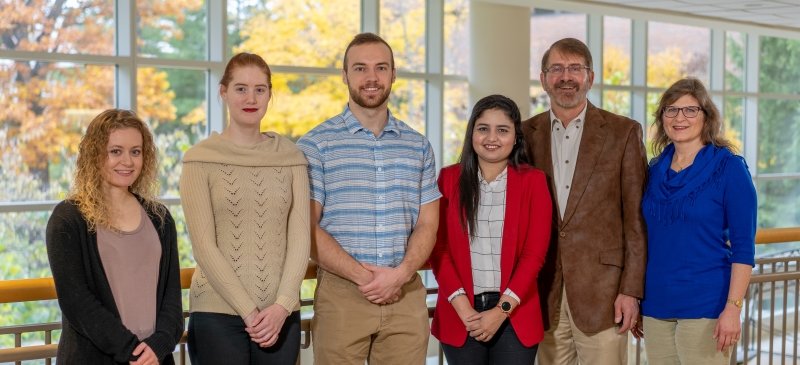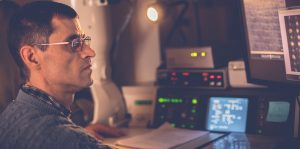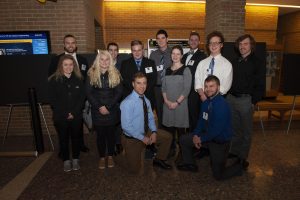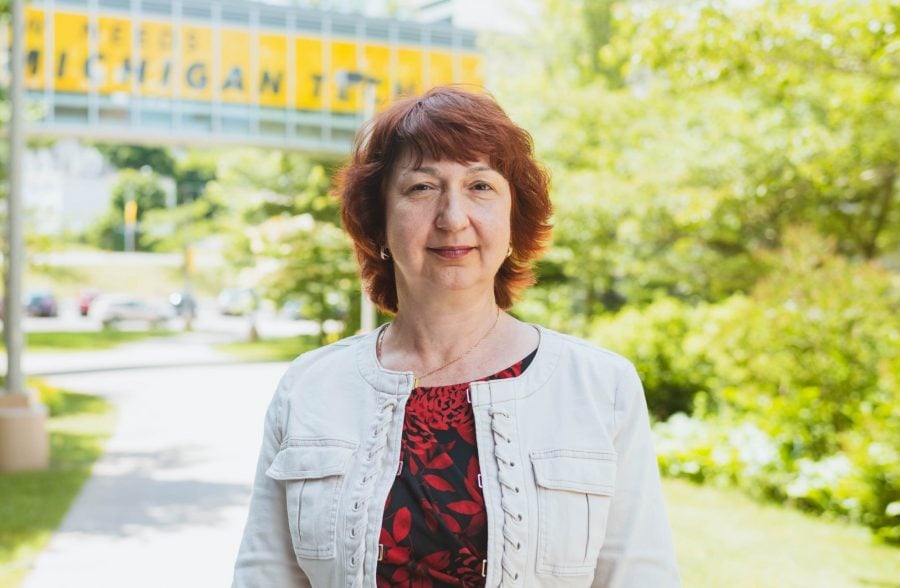
Michigan Tech’s College of Sciences and Arts welcomes Rodica Curtu as the new chair of the Department of Mathematical Sciences, effective July 1. Curtu comes to Michigan Tech from the University of Iowa, where she recently brought the math graduate program into the Internship Network in the Mathematical Sciences and served as faculty senate president.
